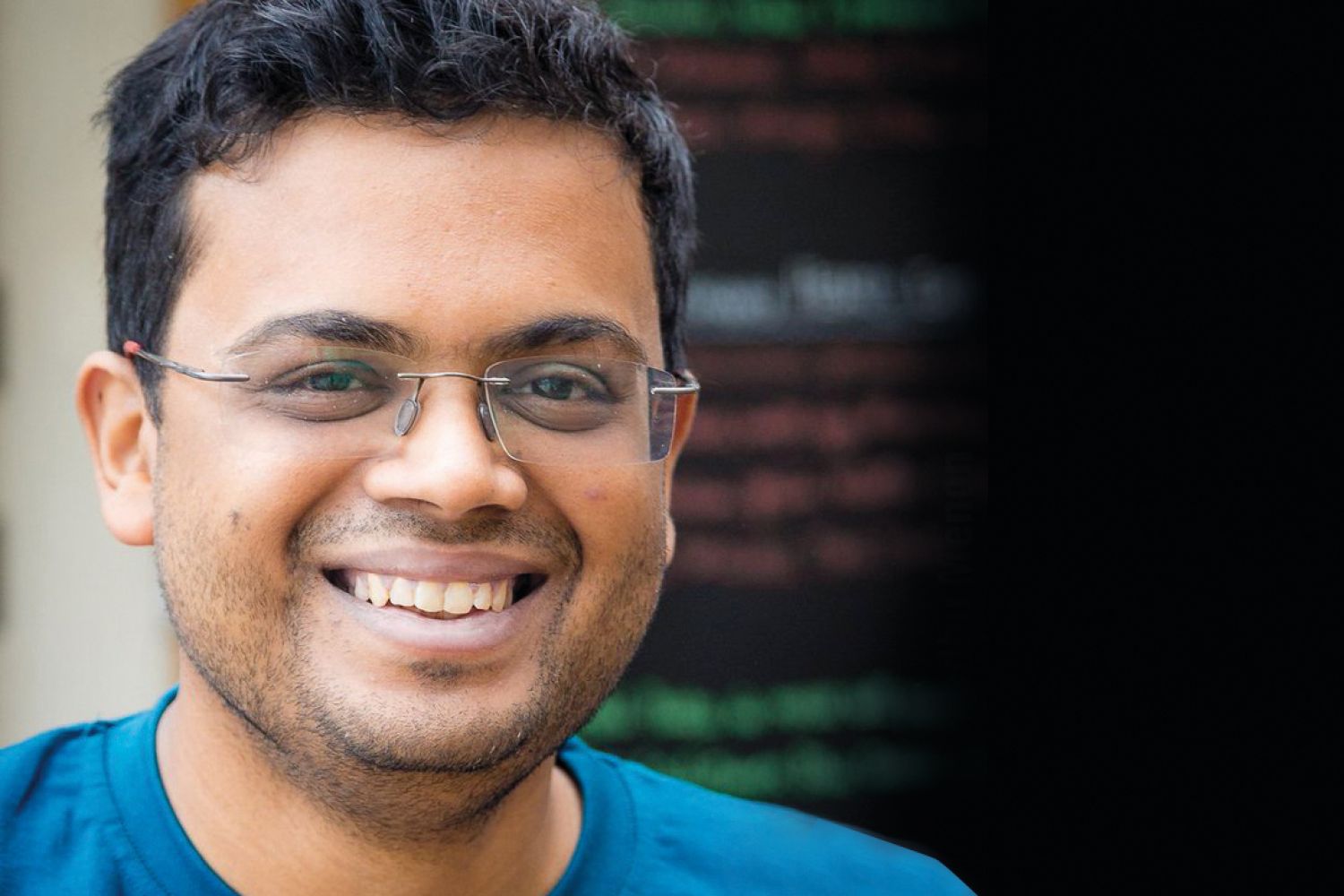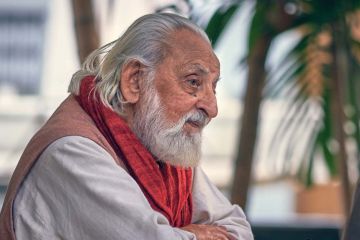
Kiran Jonnalagadda is the co-founder of HasGeek, a startup in
Bangalore that organises technology conferences and hangouts for like-minded
hackers. In 2015, Kiran was one of the movers behind the Save Internet
Campaign, which succeeded in mobilising one of India’s biggest online protests
for net neutrality.
The campaign succeeded in getting the Telecom Regulatory
Authority of India (TRAI) to recommend against differential pricing for
Over-the-Top-services and Facebook’s Free Basics.





